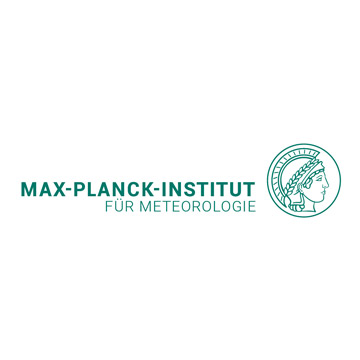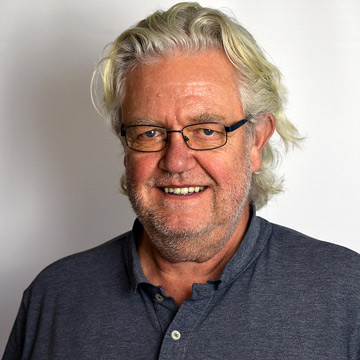
Max-Planck-Insitut für Meteorologie
Our interests gain impetus from the fact that human activity is amplifying the atmosphere’s greenhouse effect, making it imperative to know how this change will affect Earth’s climate. That it will cause the surface to warm is well documented and not disputed. Much less clear, and far more interesting, is how much warming will arise from a given increase in the emission of the gases that cause the amplified greenhouse effect. Where will these gases go? How rapidly will the warming establish itself? And what are the consequences of the warming for weather patterns? Looking further afield, when and where will these changes impact the ability of eco-systems, including human systems, to inhabit the planet? And how might changes in these systems feedback on the ultimate causes of warming, human activity? Answering these types of questions demands a deep understanding of how the climate system works.
The ability to cleverly apply new technology, computers and sensors, continues to pace the development of understanding. Advances in computing capacity strengthen the physical foundations of the models we develop to test our ideas. Advances in sensor technology, from satellites to autonomous instruments, provide an increasing ability to quantify the state of Earth’s atmosphere, oceans and land surface across a range of scales, which helps us test our models. In both respects, it is an exciting period in the development of our science. We can now use new types of models — ones much more representative of our physical understanding, as well as ones that can learn directly from data. This is giving the models we build and data we collect a life of their own as they become fused into Earth information systems, creating an ability to see our Earth and its possible futures in new ways.
People

